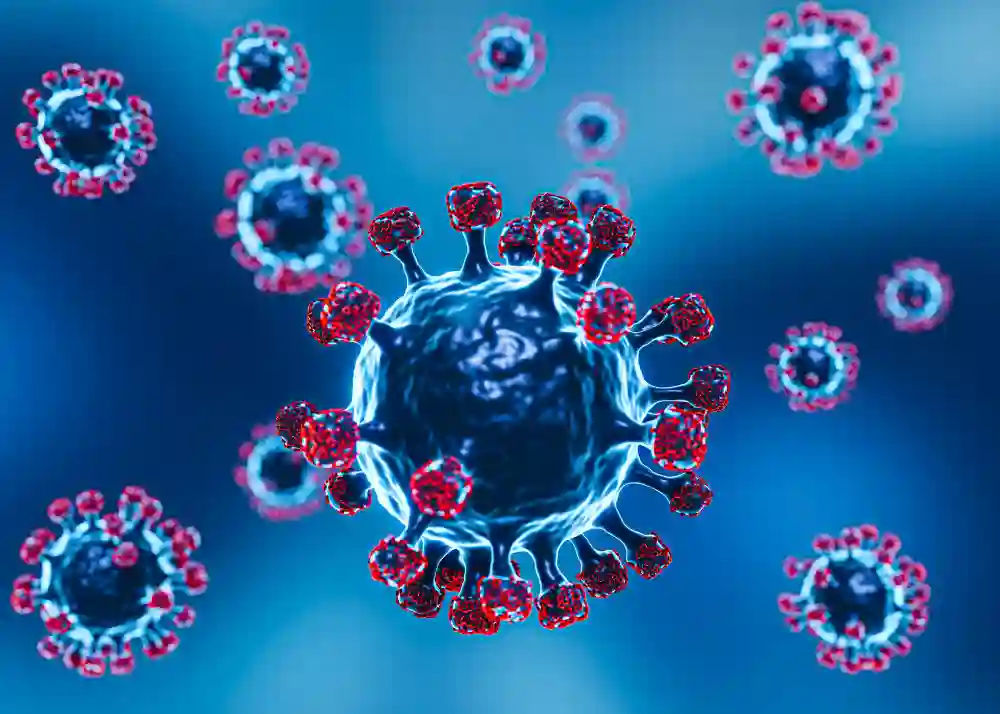With the recent outbreak of the novel Coronavirus (COVID-19), we are all doing our best to take precautionary measures to protect our health and the health of those around us. One of the ways we can protect ourselves is by being aware of the different health issues that can arise due to the virus.After COVID, mouth sores, also known as oral ulcers, became one of the emerging symptoms of the virus. While mouth sores are not a common symptom of the virus, they can be a sign that a person is infected with the virus.
Mouth sores are painful and can be quite uncomfortable. They can appear as red patches, white patches, or even blisters in the mouth. Many people who have experienced mouth sores during the pandemic reported that the sores were very painful and made eating and drinking difficult.
Sores in Mouth: COVID
Mouth sores can occur as a result of a variety of factors, including viral infections, allergies, and even certain medications. When we look at sores in mouth, COVID can be one of the reasons of it. When we examine COVID and mouth sores, pictures of some patients give us an idea about that. The exact cause of mouth sores in patients with COVID-19 is still unknown, but some researchers believe that the virus may directly cause the sores.
The good news is that mouth sores caused by COVID-19 are typically not serious and should not last for more than a few days. It is also important to note that when you have mouth sores, COVID is not the only reason for it, so it does not necessarily mean that you have COVID-19. If you experience any other symptoms of the virus, such as a fever, cough, or difficulty breathing, you should seek medical attention.
If you do have mouth sores, there are a few things you can do to help reduce the pain and discomfort. Mild pain relievers such as ibuprofen or acetaminophen can help to alleviate the pain. Additionally, using a salt water mouthwash can help to reduce inflammation and speed up healing.
It is also important to practice good oral hygiene while you have mouth sores. This means brushing your teeth twice a day and flossing once a day. Avoiding foods that are acidic or spicy can also be beneficial.
Finally, if your mouth sores do not improve after a few days, or if they become worse, you should contact your doctor. They may recommend additional treatments, such as a topical medication, or even a prescription medication.
Overall, these are not a common symptom of COVID, sores in mounth can occur in some patients. If you do experience mouth sores, it is important to practice good oral hygiene and to speak with your doctor if the sores do not improve.
By taking preventive measures, and seeking medical advice if necessary, it is possible to prevent and manage mouth sores. While it is important to take the necessary precautions to protect our health, it is also important to remember that mouth sores may be a sign of more serious issues, and should not be ignored.

